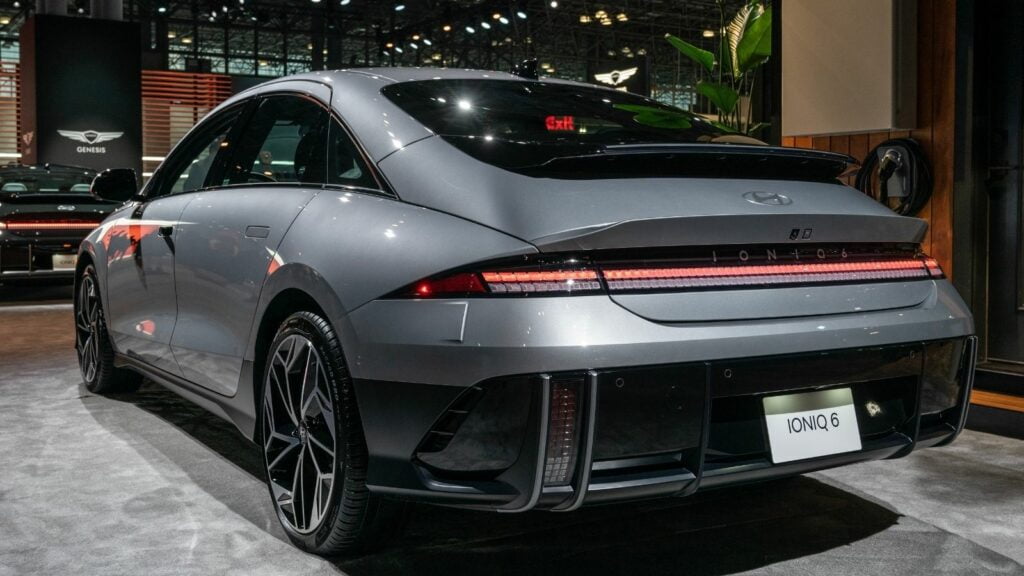Want to lower your carbon footprint? Electric vehicles (EVs) can help you with that. EVs are quickly popping into the mainstream, offering a cleaner, quieter, and more efficient alternative to their gasoline-powered counterparts. While the initial cost may raise an eyebrow, the long-term benefits of EVs are undeniable. In 2023, they sold a record 1.2 million units and had around 7.6% of the overall market. These numbers will only increase every year. Here are 12 reasons why EVs are better than gas-powered vehicles:
EVs Are Better for the Environment

This is one of the main advantages of EVs. They are better for the environment. And we are not just talking about the time spent on the road. EVs produce significantly fewer emissions than gasoline vehicles over their whole lifecycle. You’ll reduce your carbon footprint significantly when you pick an EV.
Zero Tailpipe Emissions

Electric vehicles use batteries to power themselves. The US Environmental Protection Agency (EPA) categorizes all-electric vehicles as zero-emission vehicles because they produce no direct tailpipe emissions. This is great because they help reduce air pollution, which has indirect economic benefits for the most vulnerable sections of society. With less air pollution, they are less likely to suffer from related diseases, which means less time spent recovering and more time to earn money.
EVs Are Cheaper to Maintain
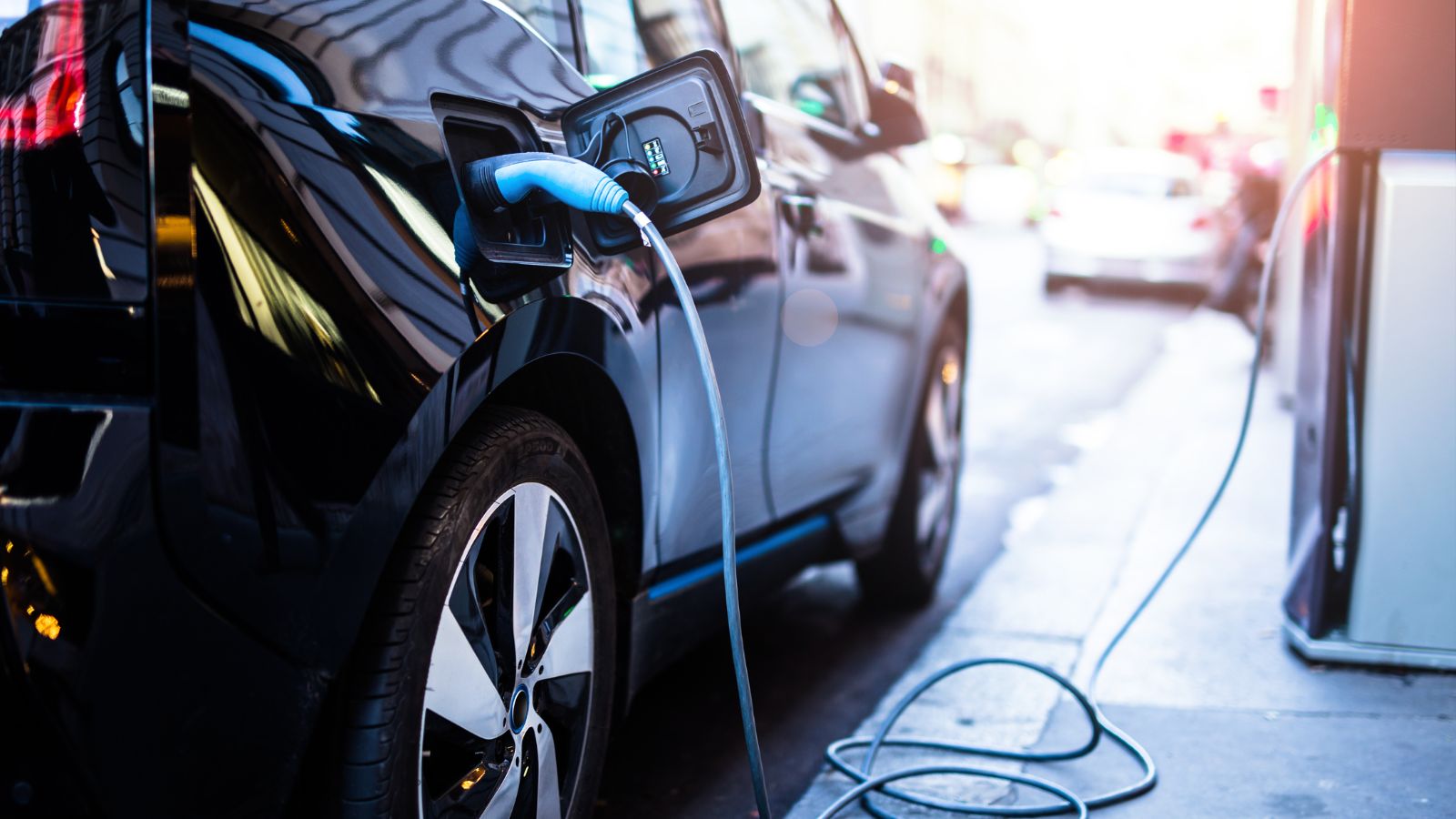
EVs are less likely to break down than regular ICE vehicles. Thanks to regenerative braking, their brake systems are better, requiring fewer fluids and being more efficient. They are also easier to maintain than gasoline vehicles. They don’t need servicing as regularly as gasoline vehicles, which saves owners a lot of money and time.
EVs Get You Tax Rebates
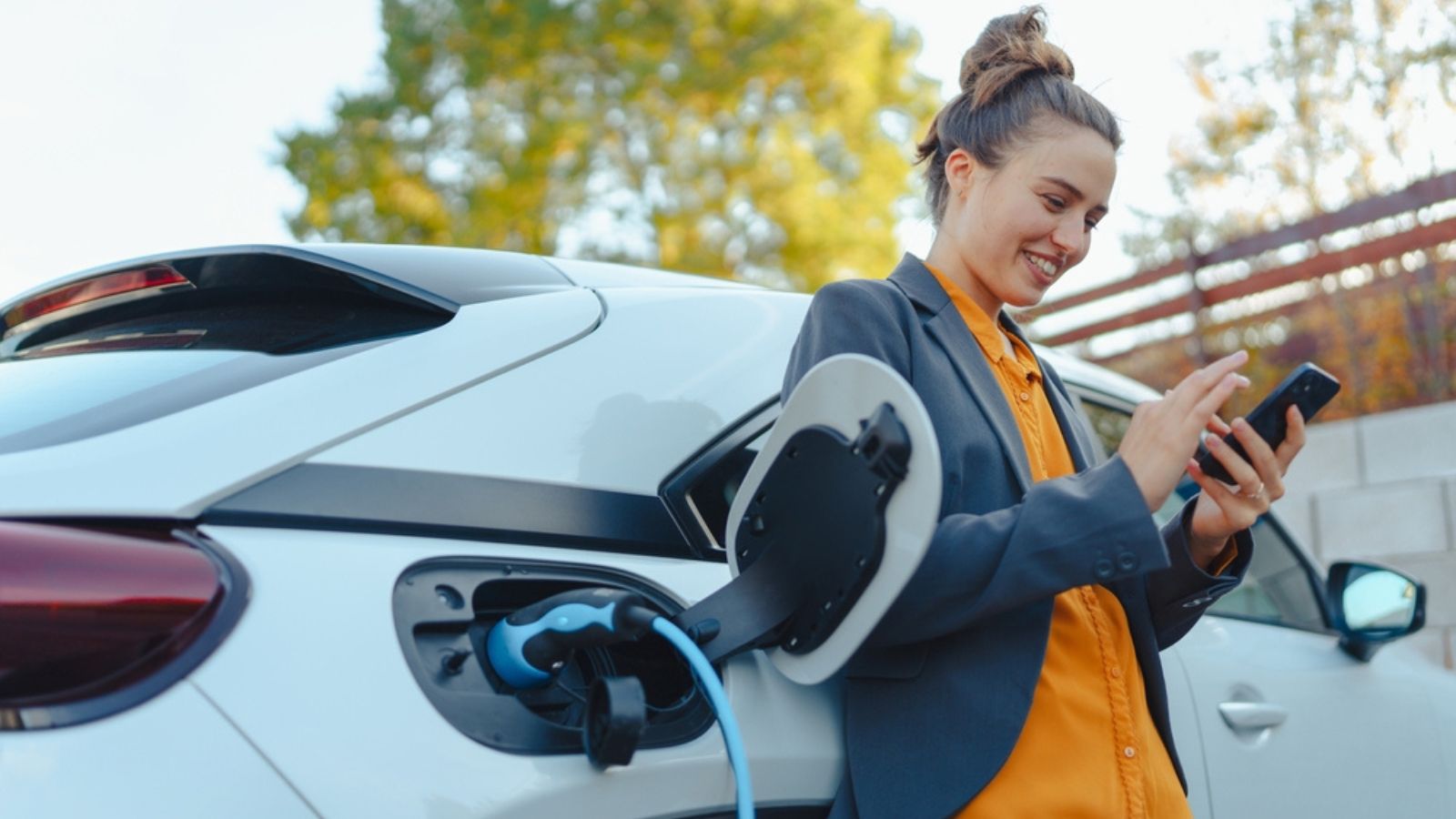
Buying a new plug-in EV or fuel cell EV can qualify you for a clean vehicle tax credit. The IRS website says, “You may qualify for a credit up to $7,500 under Internal Revenue Code Section 30D if you buy a new, qualified plug-in EV or fuel cell electric vehicle (FCV). The Inflation Reduction Act of 2022 changed the rules for this credit for vehicles purchased from 2023 to 2032.” You have to buy it for your use and not resell it, and you must use it primarily in the US.
You Save on Gas Money
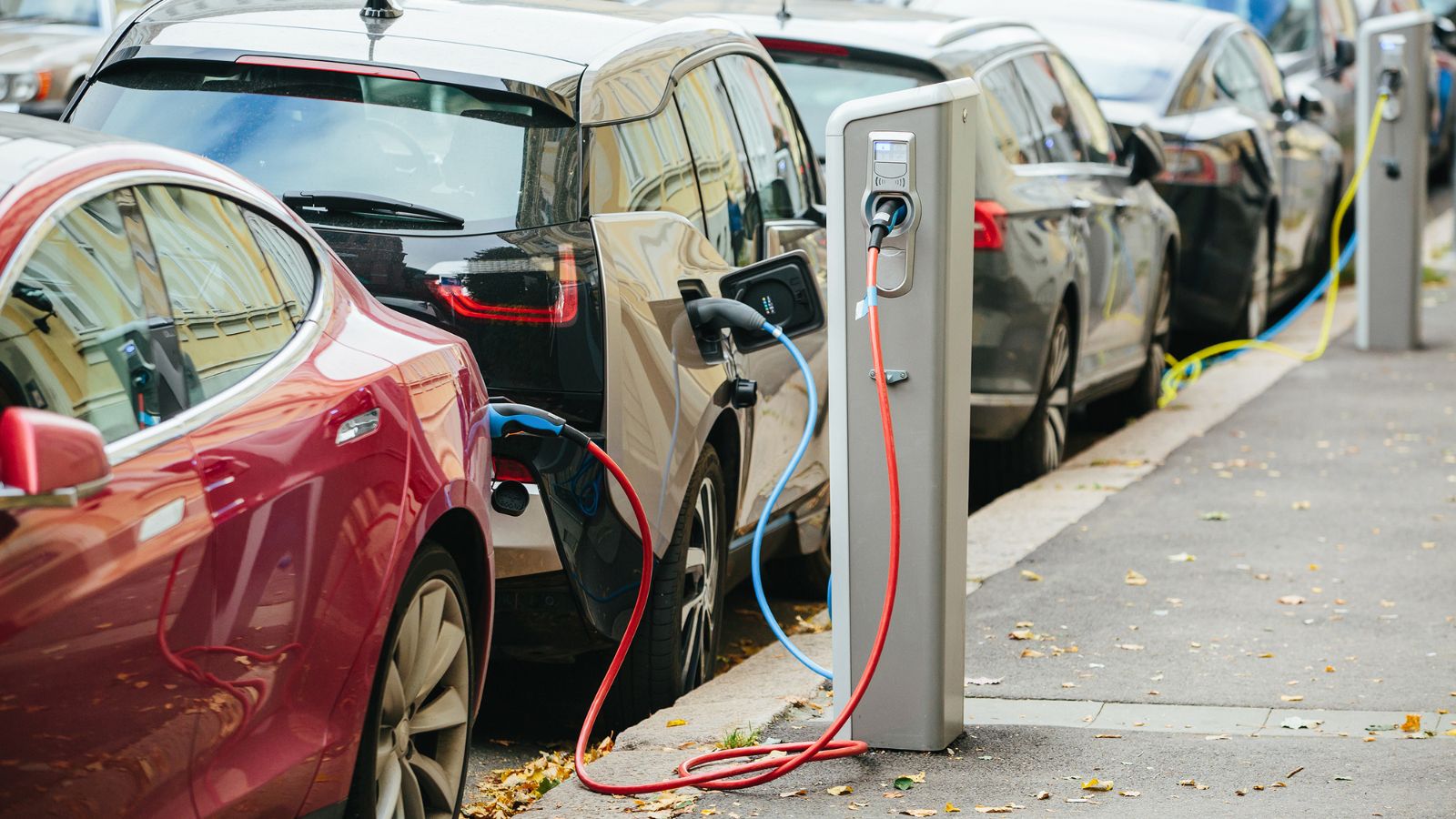
You don’t have to spend time and money driving to different gas stations to fuel up. A 2018 study by the University of Michigan’s Transportation Research Institute says you spend around $1,117 for a gasoline vehicle in a year but only $485 for an EV. That’s massive savings over the lifetime of a vehicle. You could probably go on an overseas vacation with that money.
Instant Torque

Motors that power EVs deliver instant torque. Your EV can zoom from a stoplight the second you hit the accelerator. It also helps that their front and rear motors work all four tires. The extra traction helps them power up quicker. There’s zero lag time, and you will be the quickest off the blocks compared to any gasoline vehicle.
EVs Have More Room
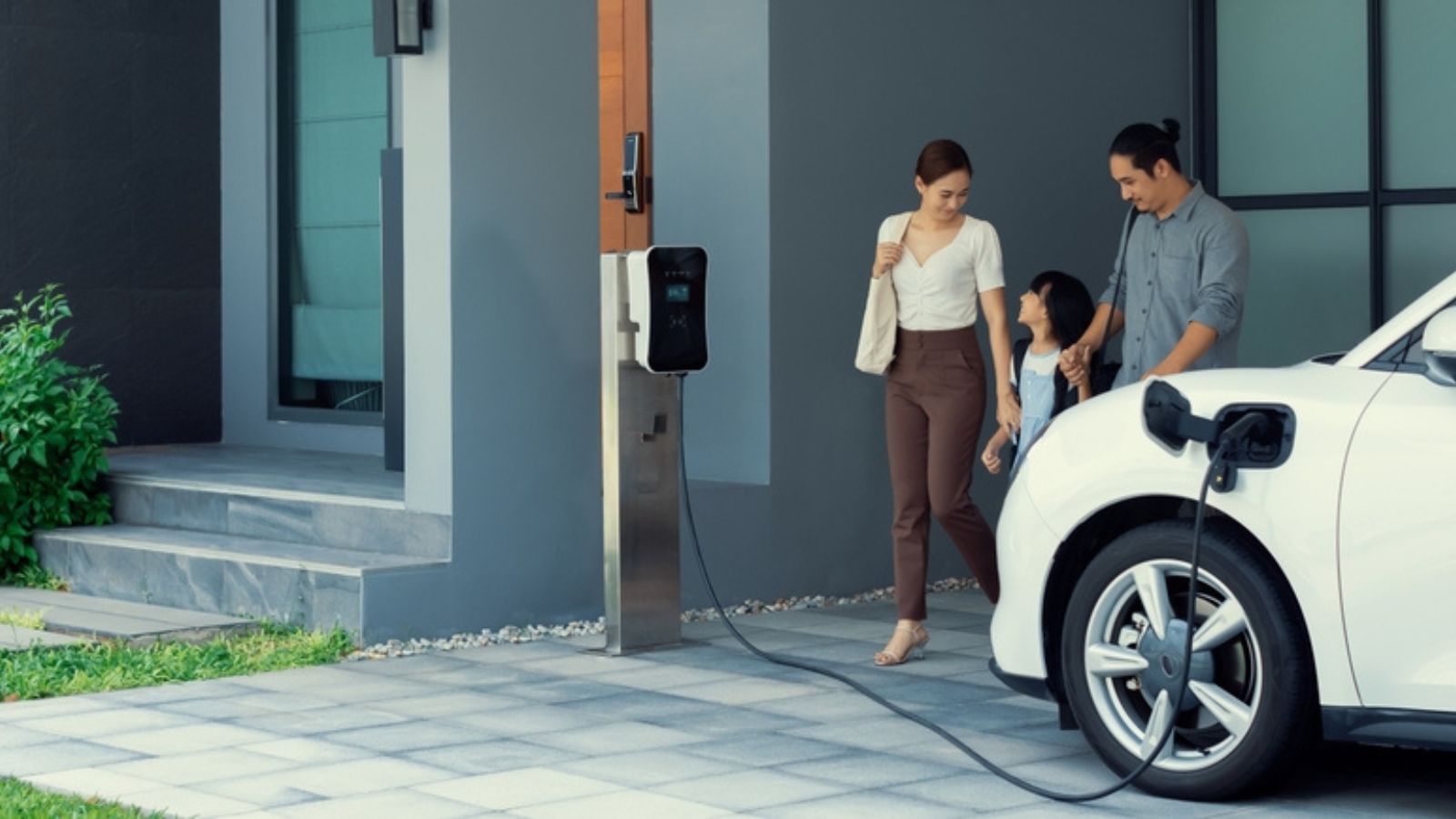
We said earlier that EVs have fewer moving parts than gasoline vehicles. An added advantage of fewer moving parts is that the car driver and passengers have more room inside the EV than gas-powered vehicles. This will only increase as EV components continue to get smaller, thanks to developments in design and technology. This also means more boot space to load up your EV.
More Straightforward to Charge EVs

Gone are the days when EVs would take forever to charge. Most EVs today can go from 20% to 80% charge in less than 30 minutes. If you are traveling on the highway, you need a stop with an electric outlet, and your electric vehicle is good to go in the time it takes to finish a short meal. Most EVs can be charged using the same outlet you use to plug in your toaster. You can charge your EV anywhere there is an electrical outlet.
More EV Charging Stations Around the US
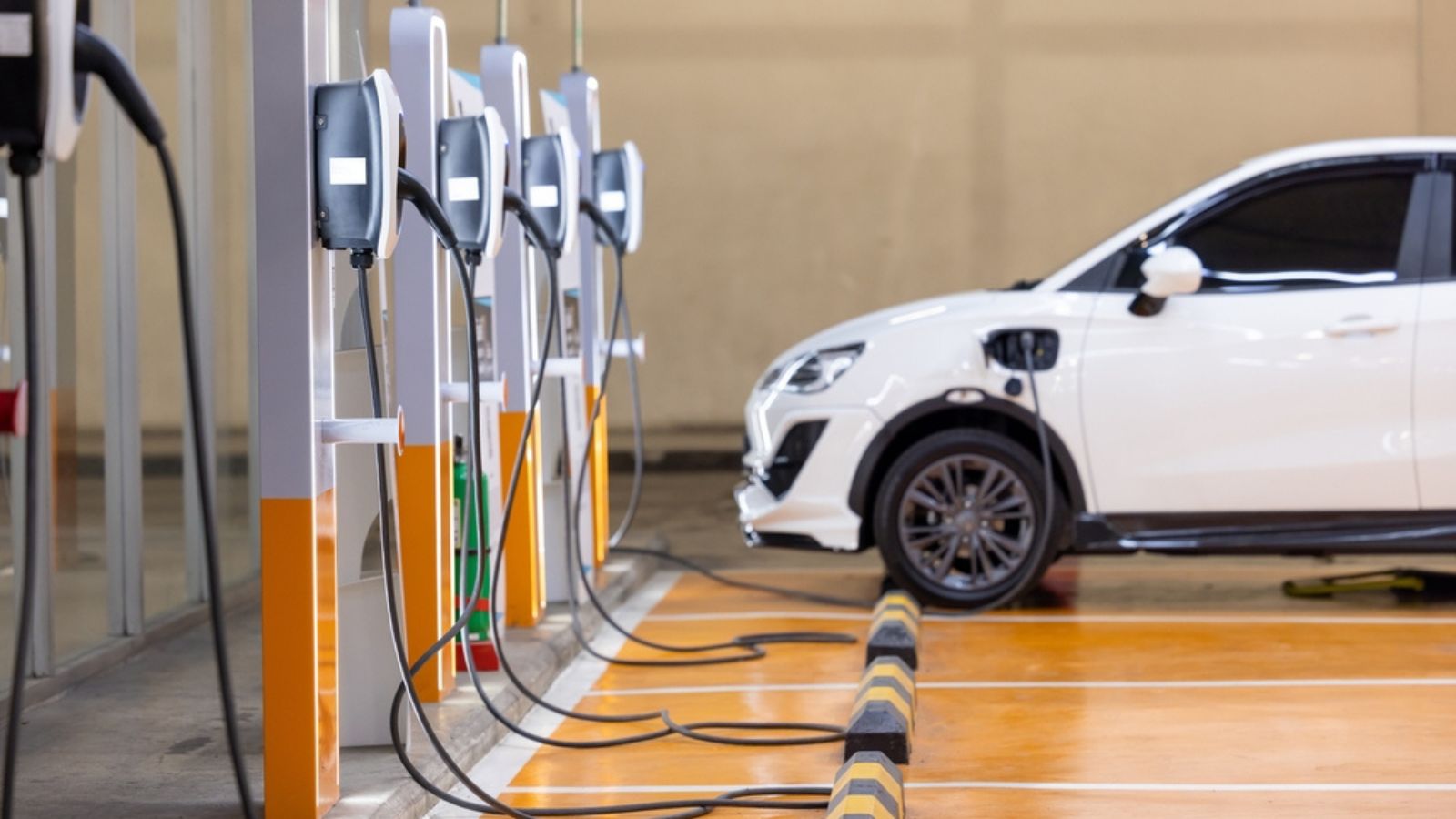
EV charging stations are popping up everywhere in the US. The National Grid website says that “there are almost as many EV charging ports as there are gas stations.” It adds that the “Bipartisan Infrastructure Law also allocates $7.5 billion for EV charging infrastructure to support continued expansion.” There is no need for anyone to worry about a shortage of charging points.
You Can Save $10,000 Over the Lifecycle of an EV
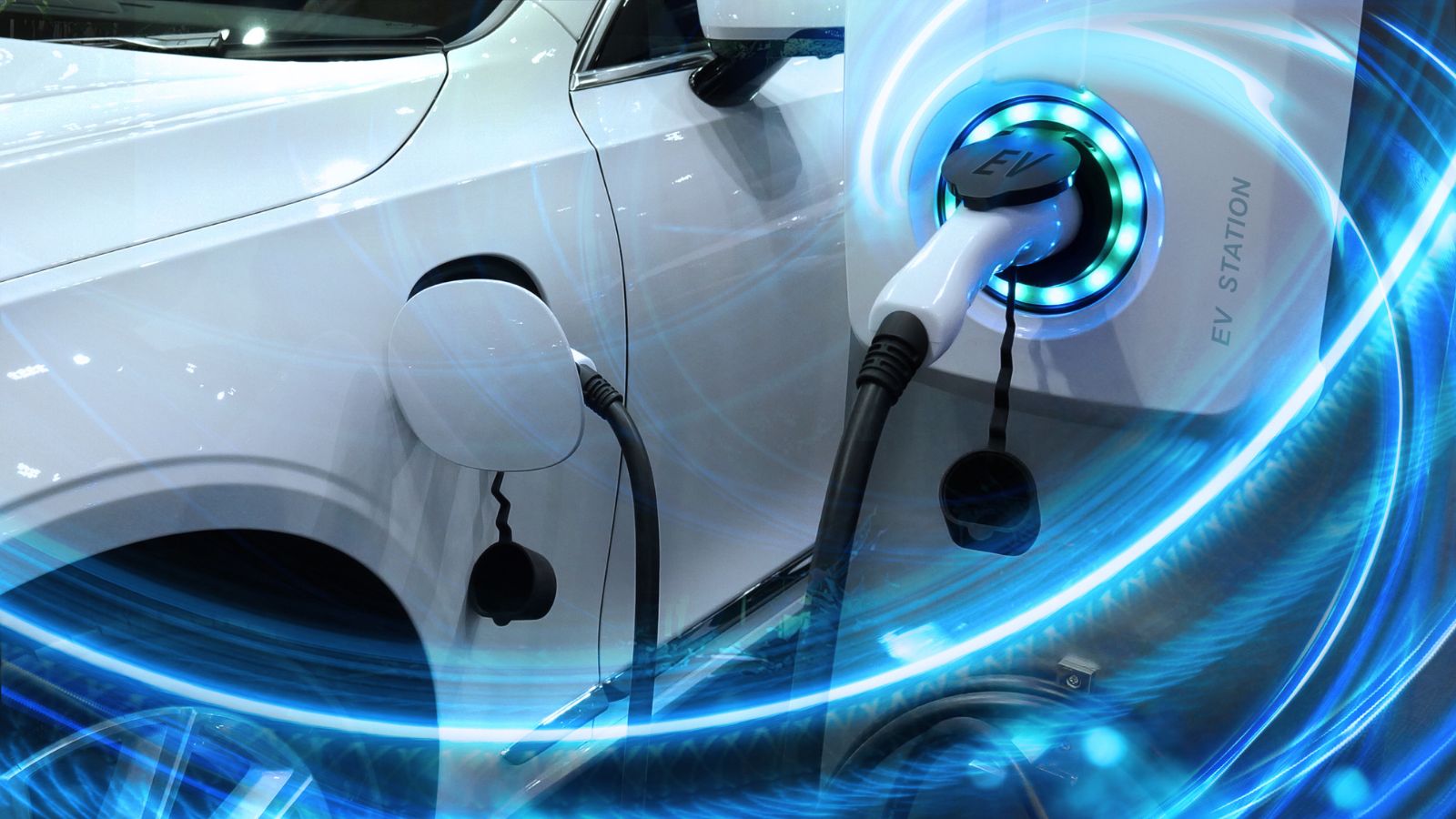
A 2020 Consumer Reports study says that the typical EV saves its owner anywhere between $6,000 to $10,000 throughout its lifetime. The lifetime was defined as 200,000 miles. Since then, EV vehicles have become much cheaper, and gasoline vehicles have become more expensive. When you add the tax credit to this, EVs are lighter on the wallet.
EVs Reduce Stress

A 2018 study by the University of York in the UK showed that cab drivers were more focused, calmer, and happier while driving an EV. It said, “Higher levels of beta brain wave activity were recorded by drivers in the electric vehicle, which indicates higher levels of active concentration. In short, while driving the electric taxi, drivers were freed up get on with driving.”
EVs Are Safer Than Gasoline Vehicles
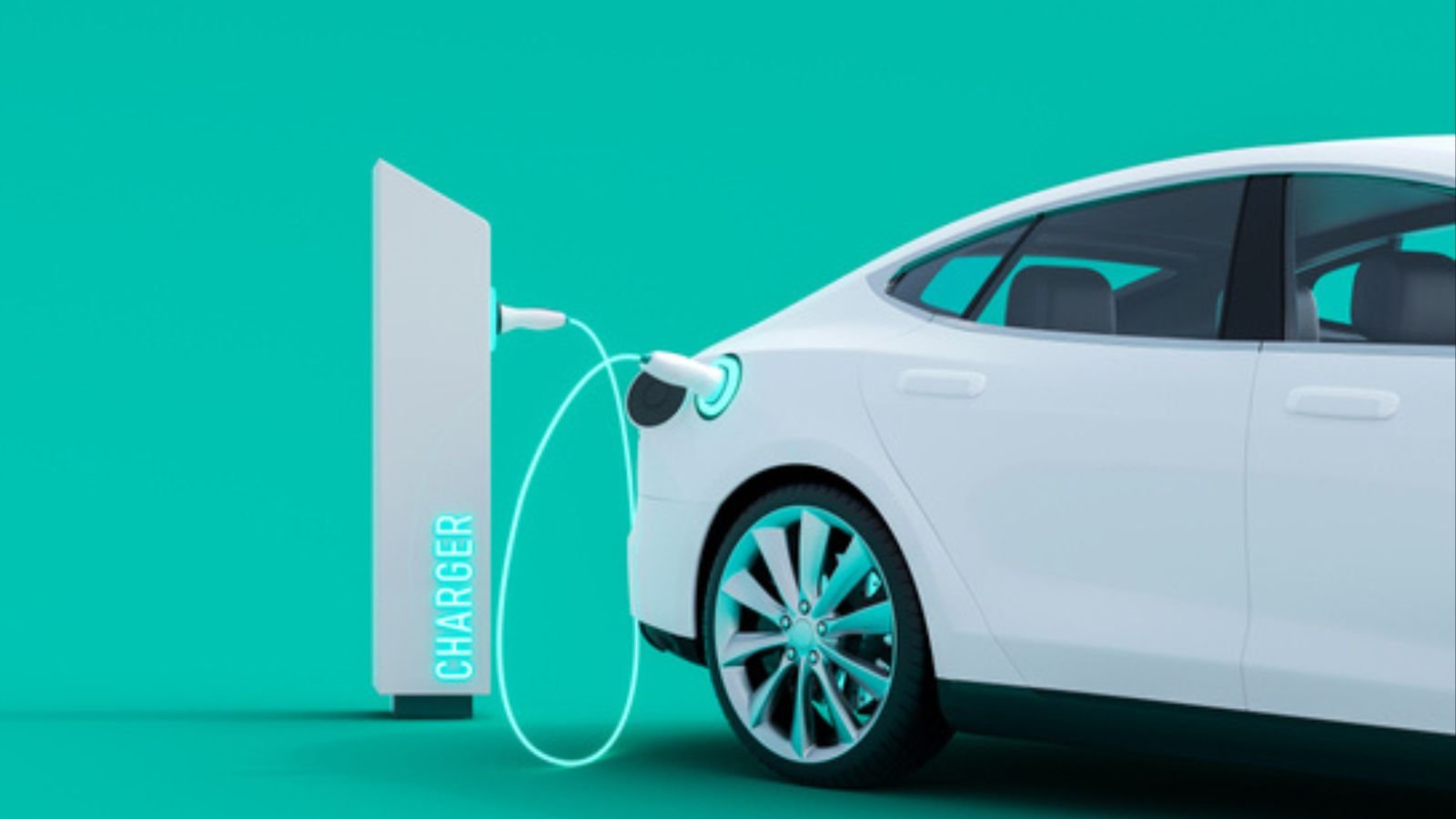
EVs tend to be safer than gasoline vehicles due to factors like regenerative braking and their design. They have a low center of gravity that reduces the chances of rollovers. Their battery chemistry makes them less prone to fires than regular fuel tanks. A University of Berkeley article says gasoline vehicles are about 30 times more likely to combust than EVs.
19 Misconceptions About Electric Vehicles

19 Misconceptions About Electric Vehicles
20 Timeless Cars that Will Never Go Out of Style

20 Timeless Cars that Will Never Go Out of Style

Alanna Rosen is an experienced content writer that focuses on many EV and educational content. Her articles are regularly published on Get CyberTrucked and syndicated on large publications.
